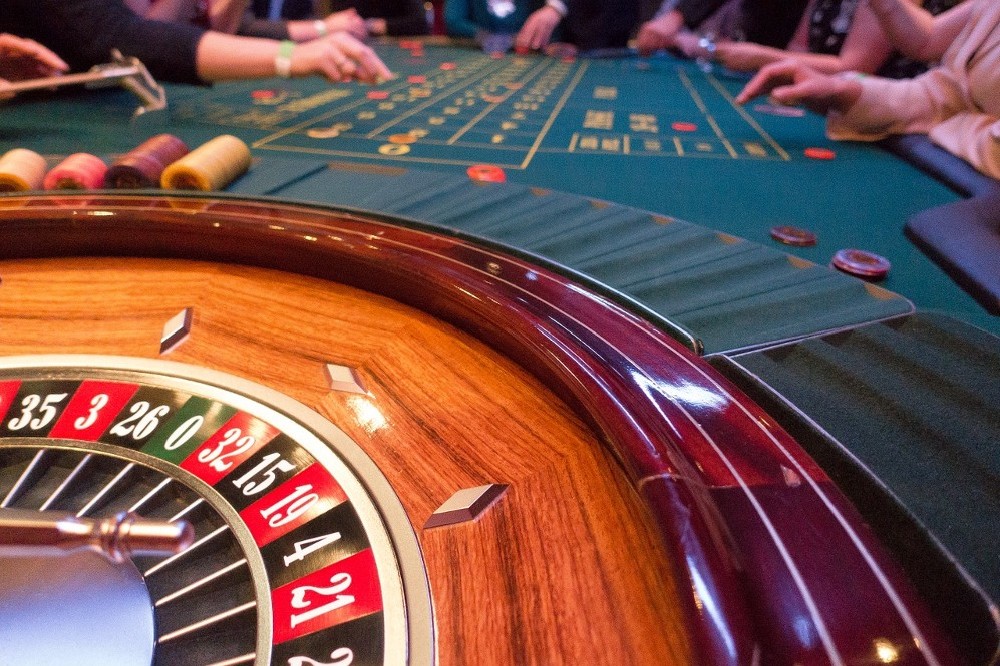Mention gambling around most people and their first instinct will most likely be to picture a man, but research suggests women are turning to the industry in greater numbers.

Picture Credit: Pixabay
Betting practices and the manner in which women gamble is still a lot different compared to their male counterparts, however, with men’s patterns still centred largely around sports betting.
Women’s gambling tends to revolve more around the lottery, bingo and casinos (both online and in-person), but online wagering continues to rise among the female demographic.
A 2021 study by the UK Gambling Commission discovered that 42 per cent of women had gambled in the last four weeks, almost identical to the previous year. Online gambling use increased by eight per cent among women between 2017 and 2021, with more and more female customers beginning to dabble in the industry via the web and apps.
It’s understood the rise in women gambling online is heavily influenced by those who have adapted and no longer buy their lottery tickets in person from a shop. However, casinos have also contributed in that regard, offering a combination of escapism and excitement that tends to appeal more to the female audience.
This has had at least one adverse effect in that women are inevitably more at risk from addiction and the dangers posed as a result. The Covid-19 pandemic are also a driving factor in why women are beginning to gamble online more, but many of those who formed the habit during lockdown will remain habitual players.
Charity GambleAware released figures at the start of 2022 indicating around 1,000,000 women in the UK (more than four per cent of the female population) were at risk of gambling harm. A total of 18,000 adults were surveyed on their gambling habits, and the results show the phenomenon is only catching on more among women.
GambleAware chief executive Zoë Osmond said: “We are launching this new gambling harms prevention campaign at a time when there may be up to a million women at risk of gambling harms. Our research shows women may not be aware they are starting to experience harm from gambling or, may be worried about reaching out for support due to stigma or shame.”
Online casinos make for a convenient middle ground between game and entertainment, with little effort or background education required to pay many games on offer across the web.
It’s unsurprising that online gambling among women also tends to spike during December and March when many of those who are otherwise occupied around the year find themselves with fewer distractions.
Although men routinely play more than women in terms of volume, the Gambling Commission’s latest figures also suggested females who have online casino or bingo accounts tend to play longer and more often.
While many males will base their activity off specific events happening live, most games played more frequently by women—such as the casino or bingo—run 24 hours a day and aren’t restricted by seasons.
That means the favoured gambling method among women is more readily accessible around the clock. Some 40 per cent of female gamblers suffering with addiction admitted they wouldn’t seek help, making them even less likely than men to do so.
It’s fair to say the gambling landscape is shifting more heavily towards females in the UK, with the United States open to experience similar problems as gambling laws open up across the country.

